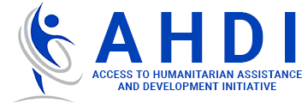Social Infrastructure Programmes
Tackling massive infrastructural challenges in communities
OUR FOCUS
Despite increased spending on social infrastructure, communities and vulnerable groups still face a backlog, most severely in rural areas and in urban informal settlements.
AHDI facilitates the development of infrastructure that has a broader development agenda than just the provision of infrastructure. Central to the infrastructure projects is the social mobilization of people, the provision of skills and work opportunities to them, and the provision of supply opportunities to local businesses.
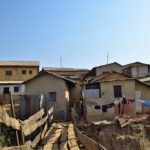
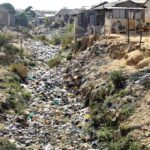
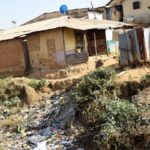
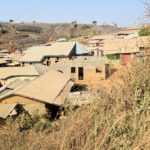
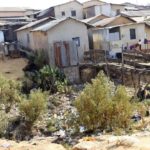
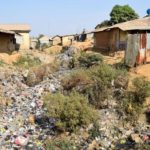


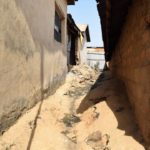
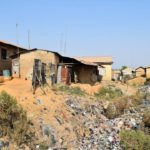
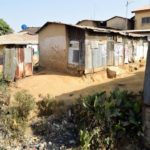

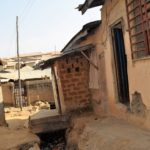
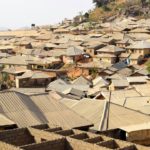
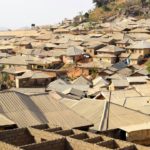


OUR APPROACH
Strengthening social infrastructure
We conduct an assessment to evaluate the infrastructure need, the topography of the project site, the available resources (contractors, suppliers, water, electricity and so on) and the distances between the project site and suppliers;
We thereafter develop project plans and proposals for the approval of the client;
Once the project has been approved, we facilitate stakeholder engagement and the signing of a memorandum of understanding among relevant stakeholders;
We appoint local contractors and suppliers; and
We monitor the progress of the project and provide feedback to the client and stakeholders.
Our Water and Sanitation (WASH) Programme supports governments, the private sector, international donors and other social partners to increase sustainable access to potable water and sanitation supply in rural and peri-urban areas, while promoting improved wastewater management and hygiene practices.
